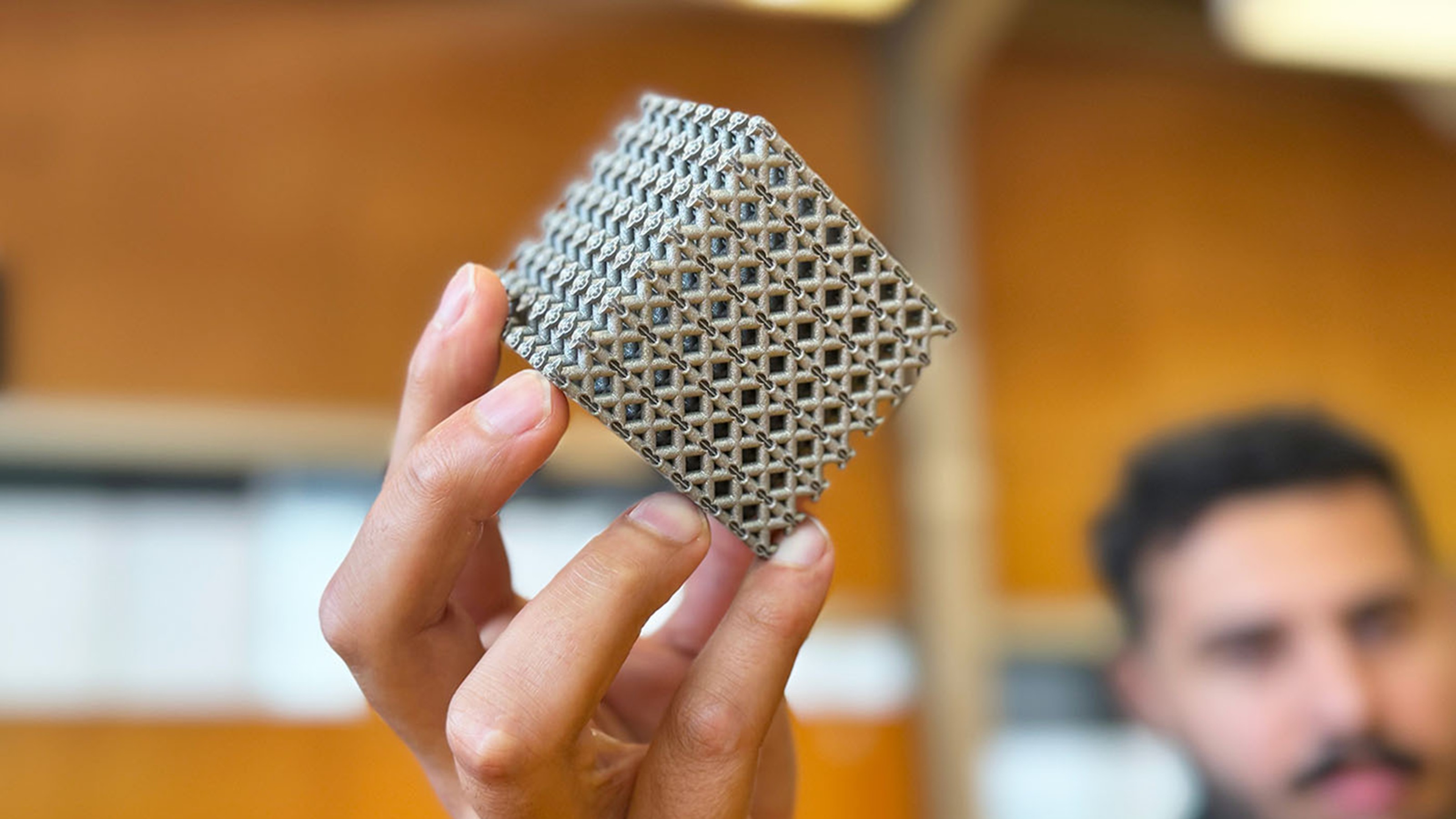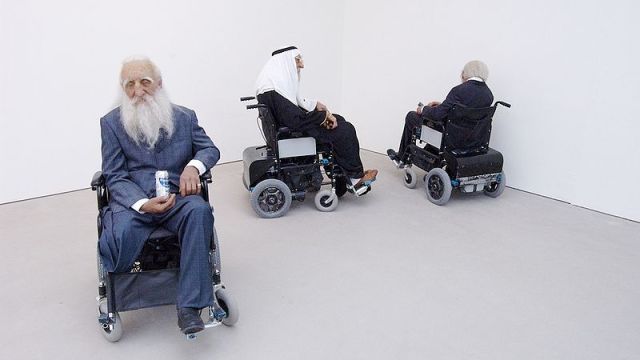Neanderthals Benefited Human Health

What’s the Latest Development?
D.N.A. analyses show that the first populations of homo sapiens to leave Africa for present day Europe and Asia interbred with Neanderthals, a species already living in the colder northern climates some 30,000 years ago. Peter Parham, professor of microbiology and immunology at Stanford, said the migrating humans received leukocyte antigens from the Neanderthals, genes that were already resistant to diseases present in the north but not in Africa. The result of the interbreeding was a more successful migration north for our species.
What’s the Big Idea?
How much do we owe to our Neanderthal brethren for humanity’s successful migration out of Africa and into Europe and Asia? D.N.A. samples taken from 40,000 year-old Neanderthal bones suggest we may owe more than previously thought. Inheriting resistence to foreign diseases helped the adventurous homo sapiens to adapt more quickly to their environment than would have otherwise been possible. “Though the contribution to European D.N.A. from Neanderthals is only about 6 percent, that small percentage accounts for half the observed human leukocyte antigen alleles.”





